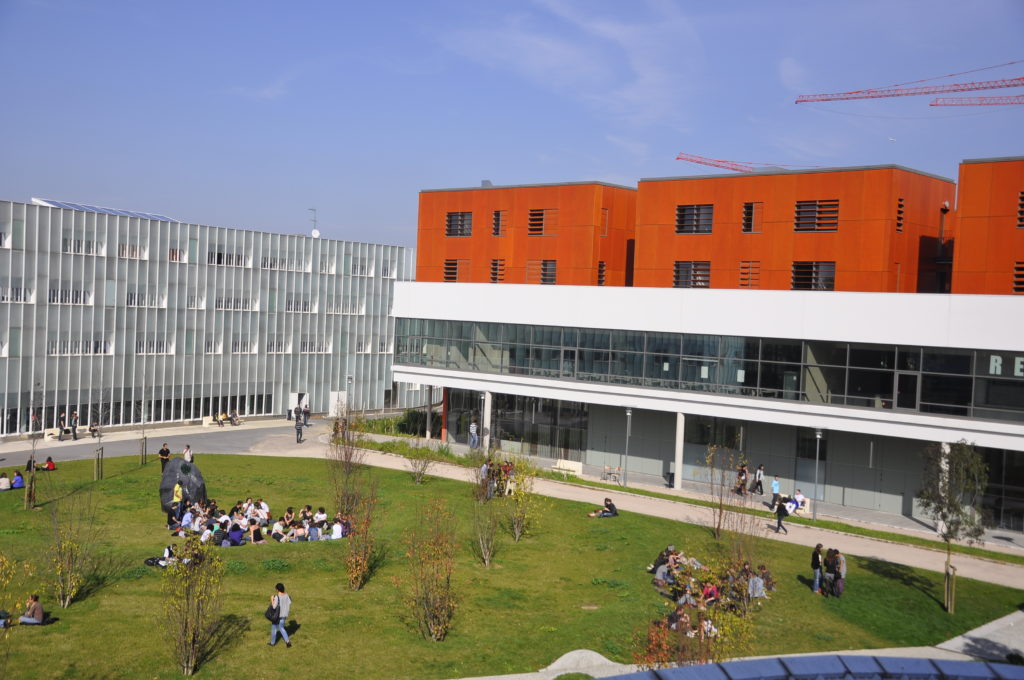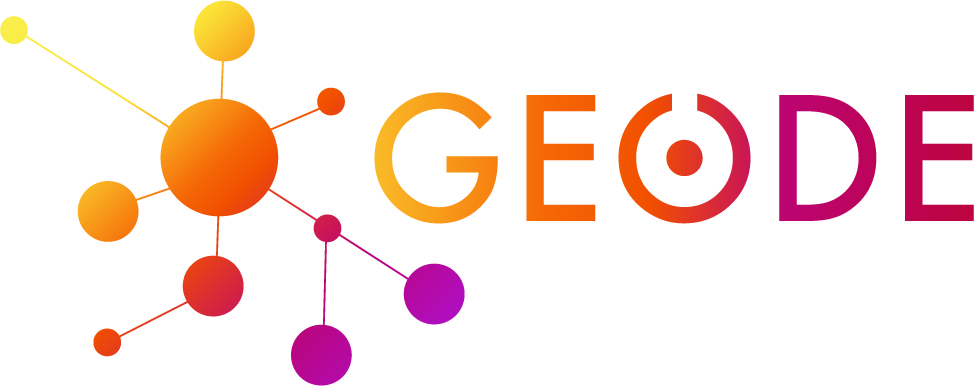Master of Geopolitics, Cyber strategy and the Digital field
Devoted to the learning of the geopolitical method and to the elaboration of a personal research thesis of about 100 pages on a subject chosen by the student in agreement with the teachers, the first year of the master is conceived as a year of autonomization in the work and acquisition of the method through a precise case study. The aim is to move from information gathering (synthesis of published works) to the production of new information, inserted and mastered in a geopolitical reasoning. This is why the first-year courses are essentially methodological and the accent is put on the thesis, on the learning of spatial analysis, cartography, as well as on the field survey during which the students are alone with themselves.
The “Cyberstrategy and the Digital Terrain” specialized teaching courses (second year of Masters’) aim to train specialists in the social sciences in the strategic issues of the datasphere and in the tools for exploiting the data available in open sources.
Bachelor’s degree in Geography, Urban Planning, Law, Sociology, Anthropology, Economics, Languages, History, Political Science, or any other degree that includes 50% of the fundamental courses of the planned Master’s degree.
Validation of Experience (VAE):
- an engineering degree issued by a school accredited by the Commission des titres d’ingénieurs (CTI);
- an accredited Master’s degree, certifying training in the field of engineering sciences;
- a foreign diploma equivalent to the French diplomas required above.
Applicants who do not have an engineering degree or a Master’s degree may apply. After examination by the selection committee, their application may be accepted by way of a derogation and within the limit of one third of candidates admitted on the basis of their qualifications.
The first year is devoted to learning the method through personal research with maps (learning cartography is included in the training) and field surveys. You must therefore have a subject that allows you to conduct interviews to understand a precise situation, in a territory that is not too large, in France or anywhere in the world, provided that you know the language or are studying it and can finance transportation and three weeks on site. These linguistic and financial data are therefore part of the choice of the field and therefore of the elaboration of the research project.

